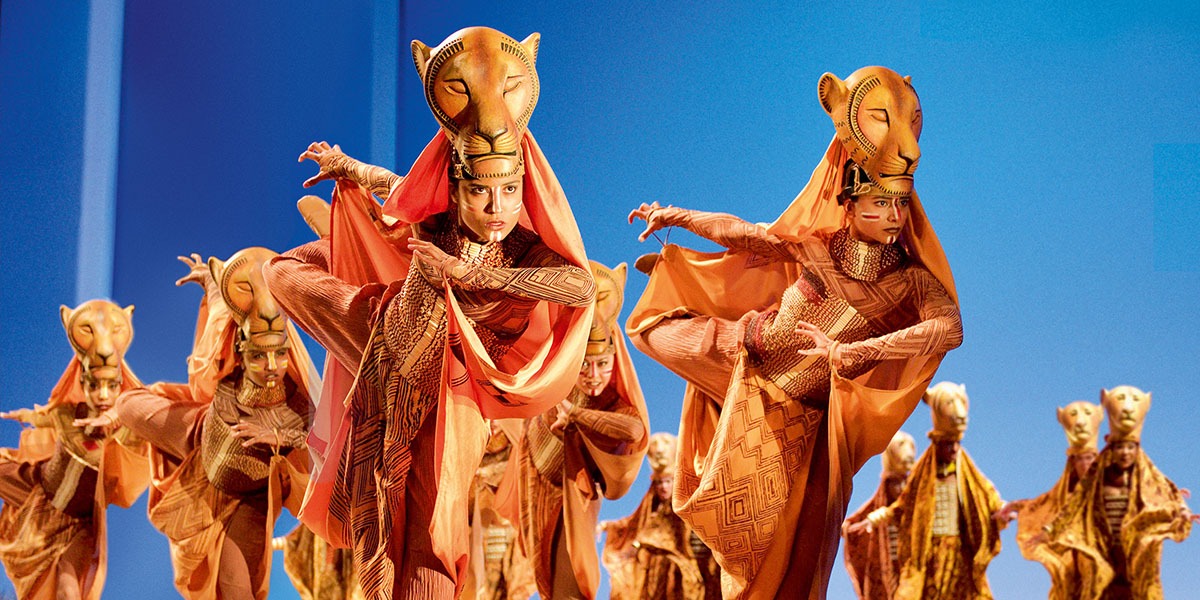Projection designer Timothy Bird staged a coup de théâtre for Sunday In The Park With George at the Menier Chocolate Factory in 2005. Now he’s back at the venue to apply his skills to a very different project.
I wasn’t around for the original 1973 London production of Stephen Schwartz’s musical Pippin, so I can’t comment on how the story of the ninth century Emperor Charlemagne being challenged by his son was framed in that production. But so integral is the concept devised by Bird and the Menier for this revival that I can’t see how it could be done any other way.
It is an unashamedly 21st century update, which is immediately evident as you walk into the theatre through a tunnel adorned with contemporary film and video game posters: Halo, Tron, Call of Duty. There sits Pippin (Harry Hepple), a young computer geek who is so obsessed by gaming that he becomes drawn into the game he is playing. Once there, he must ascend the different levels by challenging his ‘father’, Charlemagne, and attempting to depose him. Along the way he meets various different characters, each with their own agenda, and is goaded to challenge them by the game’s main voice, Matt Rawle’s swarthy narrator.
Everything in Mitch Sebastian’s production is in thrall to this concept. Bird’s projections are heavily used and clever to watch; they bring the story bang up-to-date with references to Skype and Twitter, and at times enable characters to jump in and out of the computer game. Chet Walker’s choreography, based on Bob Fosse’s original, plays to the concept by being partly robotic, yet these are lustful, sex-programmed robots who gyrate around the stage in silver catsuits.
This is not, as the name may suggest, a family Christmas show. In addition to the bawdy choreography there is a dark edge to the story as Pippin, caught in this virtual world, attempts to find something more satisfying in life than the debased, selfish and ultimately soulless world offered by Charlemagne and co. Hepple captures the vulnerability of a young man initially attracted by the glittering prizes on offer, but increasingly frustrated and disillusioned by thwarted ambition – a theme sadly relevant to today’s young people.
Though the concept is clear from the start, it isn’t always obvious exactly why it is so important; yet the clever conclusion is revelatory. It would be unfair to say anymore, only that it is worth hanging on through what may at times feel like entertaining yet soulless gaming, for an end that is very much human.
CB


